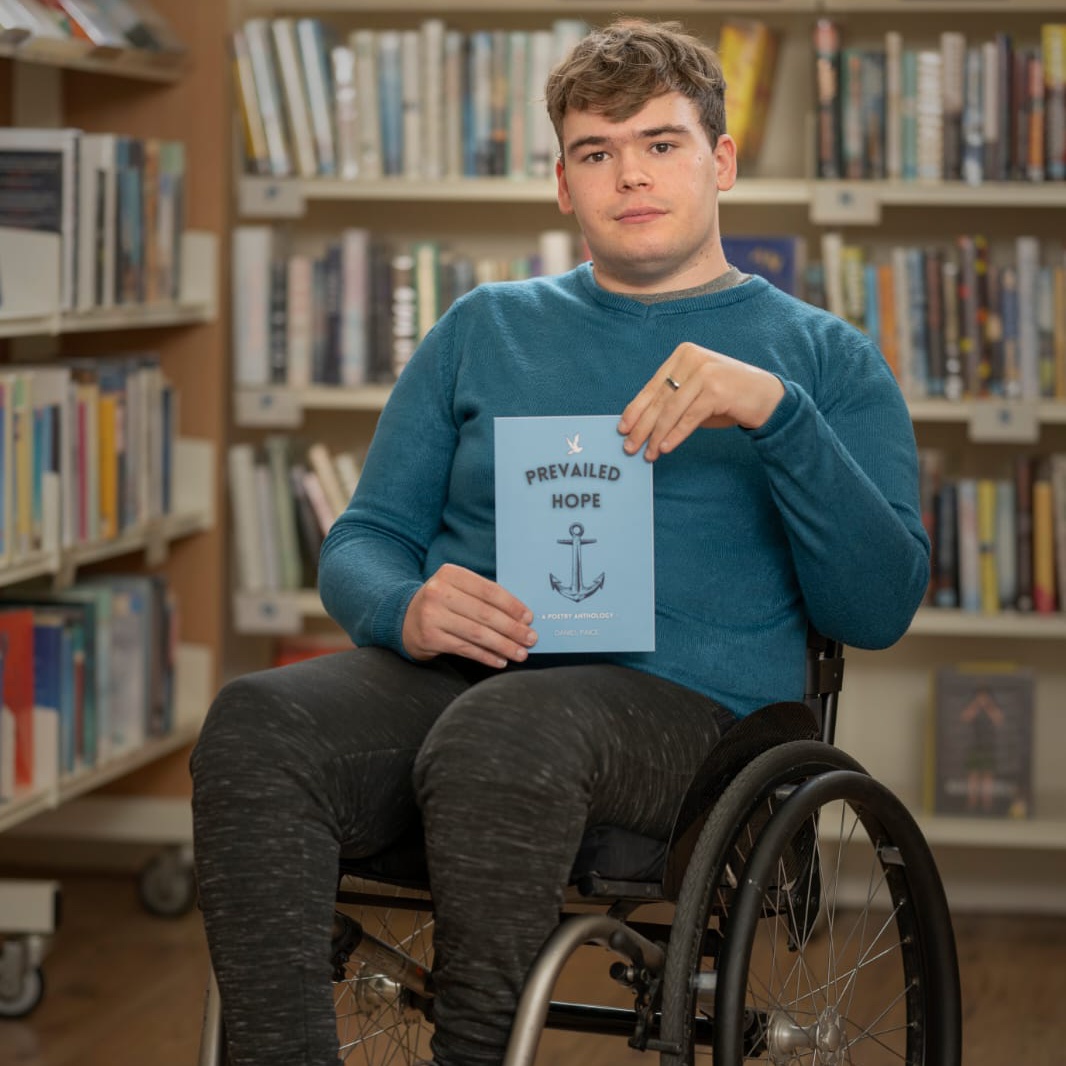Ways to Improve your Mental Wellbeing Every Day
- Daniel Paice

- Dec 22, 2021
- 4 min read
Updated: Oct 7, 2022
By Michael Baxendale
Mental health is one of the key topics of the 21st century – and rightly so. Mental health relates to your overall psychological, emotional and social wellbeing. Approximately, 1 in 6 people in the past week experienced a common mental health problem. That could be one of your friends. Or it could be someone in your family. Mental wellbeing isn’t just about people who have depression or anxiety – it affects us all. Maybe we are stressed due to work, maybe we are down because we’ve had arguments with family, or maybe, just maybe, we struggle to deal with life’s day-to-day difficulties. What you think, what you say and what you do all impact your mental wellbeing. However, there are simple steps out there for you to take control of your mental wellbeing – here are five of them.
Self-Love
Research shows that how you think about yourself can have a powerful effect on how you feel. Use this to your benefit. Don’t be so hard on yourself. Look in the mirror, tell yourself things that you like about yourself. This isn’t about being self-indulgent or arrogant, this is
about self-care. Be kind to yourself. When you don’t succeed at something, tell yourself that most people don’t even try. What can you learn from it? Rather than asking yourself, why is this happening to me? Start asking yourself, what is this trying to teach me? It will shift your perspective. Change your emotions and feelings towards yourself with self-love.
Mindfulness
Being mindful is the opposite of being mindless. Mindfulness helps us be in the moment. It allows us to not dwell on the past or worry about the future. Being mindful is about being. You can use meditation to help you become more mindful. At the start or end of the day, you could do 5 or 10 minutes of meditation to practice being rather than doing. It really does help. We have a 1 in 400 trillion chance of being alive. We are lucky to be here at this moment in time. We should be mindful and grateful for that. And if you feel like you are not, don’t worry. It can and will take time. It is difficult, but consciously practicing will help you on your journey. Start being more mindful and present today.
Gratitude
In the words of Ferris Bueller, “Life moves pretty fast. If you don’t stop and look around once in a while, you could miss it.” Use gratitude to appreciate the little things in life. From the weather to water, friends to family, there is so much to appreciate in our lives – small and big. We should appreciate these every single day. You could start to log your gratitude in a gratitude journal. You could write down three things every day that you are grateful for – small or big. Gratitude has clearly been linked with increased happiness and overall well being. Use this to your benefit. If we focus on the things we have, we will always have enough. If we focus on the things we don’t have, we will never have enough. Start being more grateful for what you do have, today.
Journalling
We often struggle to tell people our challenges, yet we jump at the chance of telling people about the positive things happening in our lives. Journaling is a beneficial way of combating this. If you struggle telling people, especially close family or friends, how you feel, you could get a notebook to journal your feelings every day. It really helps, especially if you are not naturally open with your family or close friends. Write in it judgment free. Try to express your negative thoughts and emotions on paper. Journaling allows you to track negative, and positive, emotions over time. You can look back and consider what you were doing at that time that contributed to your negative feelings. And you can do this with your positive feelings too. Then you can notice the things you do in your life that contribute to your positivity and negativity and do more of the positive stuff. Not a lot of us realise it, but a lot of what we do doesn’t make us happy. We should do more of what makes us happy. Journaling helps reduce your mental clutter, encourages positive self-dialogue and allows you to detach and let go of the past. Start journaling today.
Exercise
Your body releases stress-relieving and mood-boosting chemicals called endorphins before and after you exercise. This is why exercise is a powerful tool to relieve stress, anxiety, and depression. If you feel like you struggle to fit exercise in, look for ways to exercise in short time frames. Maybe you can do a 20 minute walk during your lunch hour. Rather than watching that Netflix episode you could go for a run instead. The gym or exercise indoors is great for the body and mental health, but exercising outside in nature is especially beneficial. It helps your body produce Vitamin D, which increases levels of serotonin, which is known to reduce stress levels. Physical health and mental health are connected. Start looking after your physical state to improve your mental state. Start exercising today.
Start Today, Start Now
So, there you have it, five things you can do to improve your mental wellbeing. You may think starting all five of these is too overwhelming to begin with, so start with just one. Whatever it is, whatever you choose, it will benefit you. And it is YOU that matters. Start today, start now.








Comments